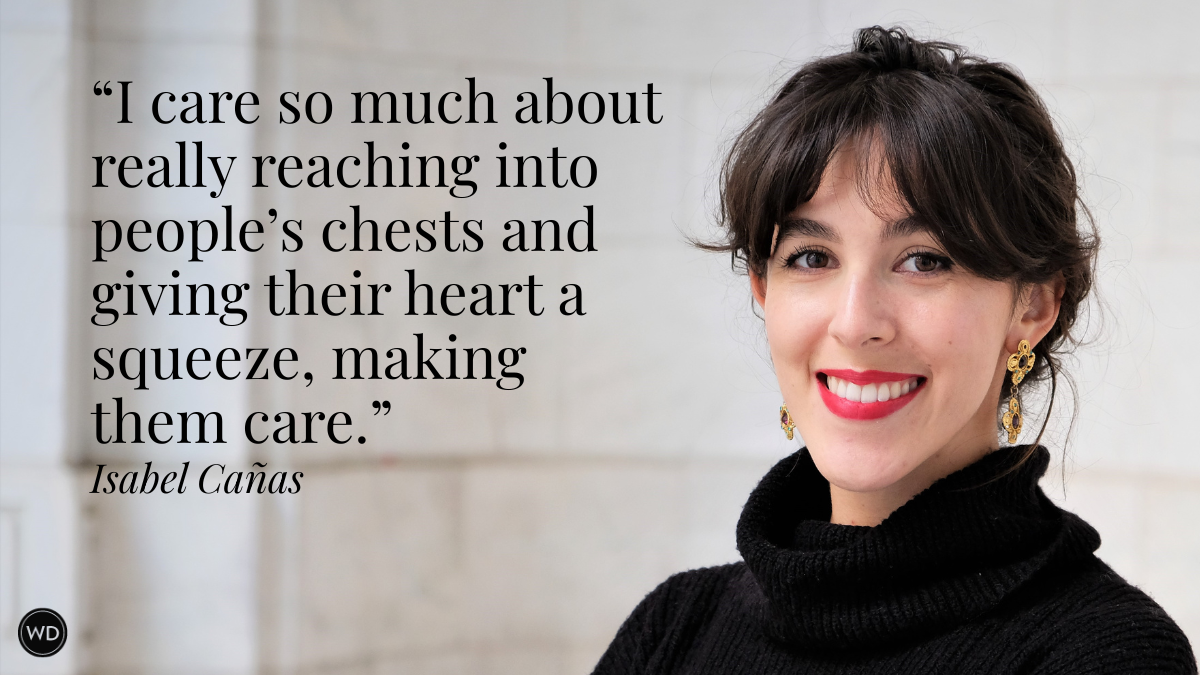From Friendship to Thriller: How We Co-Wrote a Novel
Authors Christina Baker Kline and Anne Burt share how meeting at a bookstore set them on a path of friendship and co-authorship.
We met 25 years ago in a bookstore—an appropriate beginning for two women who would go on to build a friendship rooted in stories. Christina had just published her second novel and was speaking at a local event in Montclair, New Jersey. Anne, newly relocated from Brooklyn and pregnant with her first child, came to the reading and introduced herself afterward—we had gone to the same college, three years apart. Christina was also pregnant (with her third), and that first conversation sparked a connection that quickly deepened into years of lunches, long walks, parallel parenting, endless texts, and deep trust.
Over the next two decades, we swapped parenting advice, books, recipes, and even a Carolina Herrera cocktail dress (co-purchased at an outlet mall and passed back and forth for fancy events). We joined the same book group and writing group. Though our professional paths diverged—Christina taught and published six more novels; Anne worked in communications while writing essays, short fiction, and eventually her debut novel—we often found ourselves talking about the kind of stories we were drawn to: layered, character-driven narratives with emotional depth and moral ambiguity.
Our first collaboration was editing a book of essays. Later, we developed a pitch for a television series, which taught us two important things: We could build a shared story world, and we were both energized by the process. What surprised us most, though, was how naturally our narrative instincts aligned. We spoke the same creative language. And as we worked, something unexpected emerged: a third voice—distinct from either of our solo writing styles—began to take shape. That discovery became the catalyst for Please Don’t Lie, the first in a series of psychological thrillers set in the fictional Adirondack town of Crystal River.
This third voice turned out to be more than just a blend of our styles. It has its own tempo, its own sharpness, its own appetite for tension. On our own, we both tend to linger in interiority, in mood and reflection. Together, we gravitate toward momentum. That joint voice moves fast. It’s less hesitant, more ruthless. We discovered we could go darker, be twistier, and take bolder narrative risks because we had each other as both sounding board and safety net.
We began Please Don’t Lie by mapping out the entire story—creating a detailed outline that included key scenes, emotional turning points, major plot twists, and even sections of dialogue. That roadmap gave us structure and clarity while leaving room for discovery. We co-wrote the first three chapters and sold the novel—along with a second book—on the strength of that material and the outline. Anne then drafted the remaining chapters; Christina wrote the second draft. We came together to revise in person, sitting across from each other at our dining tables in South Harlem—Google docs open, coffee brewing, soup-and-salad lunches breaking up the day—and read the entire manuscript aloud multiple times. That step was central to our process. Reading aloud exposed rhythm, tone, and pacing issues in ways silent reading never could. It also helped us calibrate character voice and emotional resonance.
Though neither of us outlines so extensively in our solo projects, we found that thriller writing demands a different kind of rigor. Suspense demands precision: where you place reveals, how you build tension, when you let the bottom drop out. We mapped out the plot in granular detail—beats, reversals, red herrings, character arcs, even the emotional temperature of each character. For two writers used to letting a story unfold more organically, this level of planning was unexpectedly freeing. It gave us a scaffolding we could trust, and within it, the freedom to experiment and surprise each other.
Of course, working this closely isn’t without its challenges. We have different cadences, habits, and fears. But those differences have become part of the engine. We question each other’s assumptions, push each other to dig deeper, and take risks we might not take alone. We’ve learned to trust each other’s instincts. When one of us tosses out a "What if…?" the other responds with, "Yes, and…" That improv principle has become a guiding force. It keeps us in flow. It moves the story forward. It allows us to build on each other’s ideas without hesitation or ego.
Please Don’t Lie centers on the dark secrets beneath the surface of a seemingly idyllic mountain town. At its heart, it’s a story about friendship, betrayal, trust, and survival. Writing it together gave us the chance to explore the kinds of stories we love to read—twisty, character-driven thrillers with high emotional stakes—while drawing on our shared fascination with the masks people wear and the truths they try to bury.
The characters in Please Don't Lie navigate deception and disloyalty, testing the bonds that hold them together. But for us, the process revealed the opposite: how vulnerability can strengthen a relationship. We had to trust each other with our wildest ideas, our narrative instincts, and our willingness to be wrong. We learned to lean into each other's strengths, to let go of individual ownership, and to embrace the messy, exhilarating process of building something together.
And perhaps that’s the real surprise: In a profession defined by isolation, we found connection. Writing is usually a solitary pursuit. But in this project, we discovered a creative space where two longtime friends could invent a world that neither of us could have written alone.
Check out Christina Baker Kline and Anne Burt's Please Don't Lie here:
(WD uses affiliate links)








